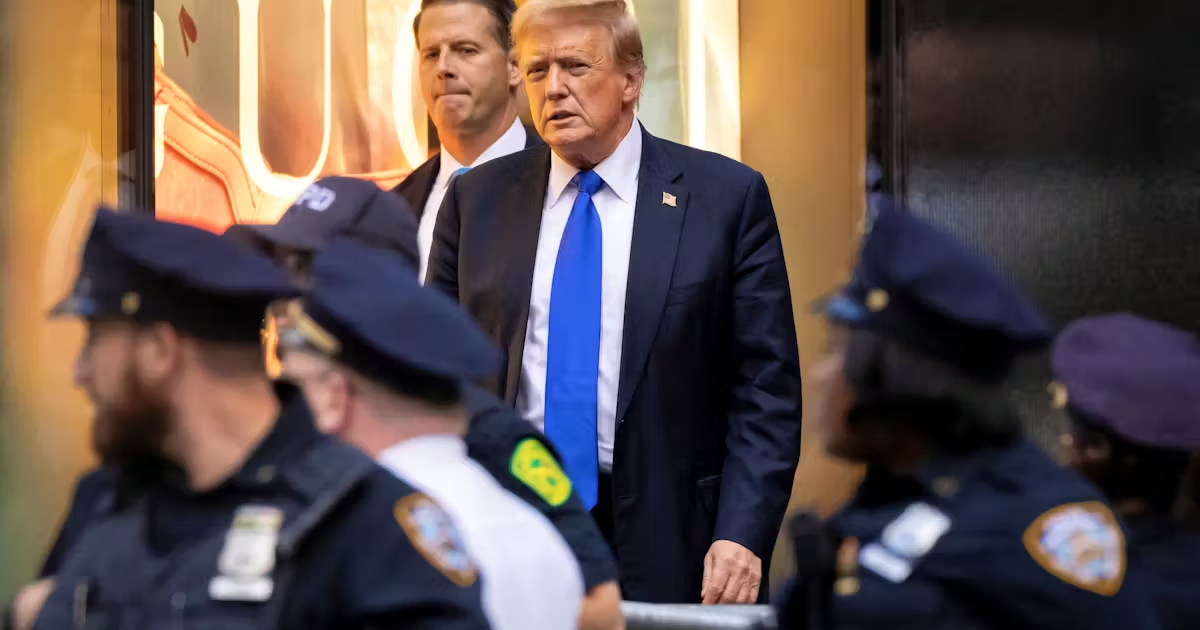Former President Donald Trump’s recent conviction on felony charges following his departure from office has ignited fervent reactions from both sides of the political spectrum, as per a report by Counter Punch released on Tuesday, June 11, 2024.
Democrats hail the trial’s outcome as a significant blow to Trump’s credibility and future political aspirations, while Republicans decry it as a politically motivated assault orchestrated by the “radical left.”
However, according to an Op-Ed by Peter Bolton, the focus on Trump’s guilt and the motives behind the trial overlook a critical aspect: the comparatively minor nature of his convicted crimes contrasted with the broader state crimes committed during his tenure and by previous administrations.
During his presidency, Trump’s policies, particularly in foreign affairs, included actions like attempting to destabilize Venezuela through a coup, imposing detrimental sanctions on various nations, and undermining international agreements such as the Iran Nuclear Deal.
While these actions carried substantial consequences, they are part of a broader pattern of aggressive and often unlawful interventions spanning across recent administrations.
For instance, Barack Obama escalated drone strikes, supported coups in Honduras and Libya, and failed to fulfill promises like closing Guantanamo Bay.
George W. Bush initiated the controversial wars in Iraq and Afghanistan, alongside interfering in Venezuela and imposing sanctions on Iran.
Bill Clinton’s administration engaged in military actions like bombing Sudan and intervening in the Balkans, while George H. W. Bush invaded Panama, initiated the First Gulf War, and expanded NATO towards Russia’s borders.

In terms of civil liberties, both Obama and Bush eroded constitutional norms through measures like the Patriot Act and the operation of Guantanamo Bay detention center.
These actions continued under subsequent administrations, with Obama failing to address NSA abuses and close Guantanamo, while Bush laid the groundwork for such policies.
Furthermore, historical ties to controversial affairs persist, such as Clinton’s signing of the Antiterrorism and Effective Death Penalty Act of 1996 and George H. W. Bush’s association with CIA operations known for civil liberties violations.
The sole focus on Trump’s post-presidency legal battles diverts attention from the systemic patterns of abuse of power and disregard for international law prevalent across recent US administrations.
Rather than portraying Trump as uniquely malevolent, it is crucial to acknowledge the broader context of state crimes that have largely evaded scrutiny and punishment.
As the public grapples with Trump’s convictions, the real challenge lies in addressing the entrenched culture of impunity that has allowed such actions to persist across party lines and presidential terms.










